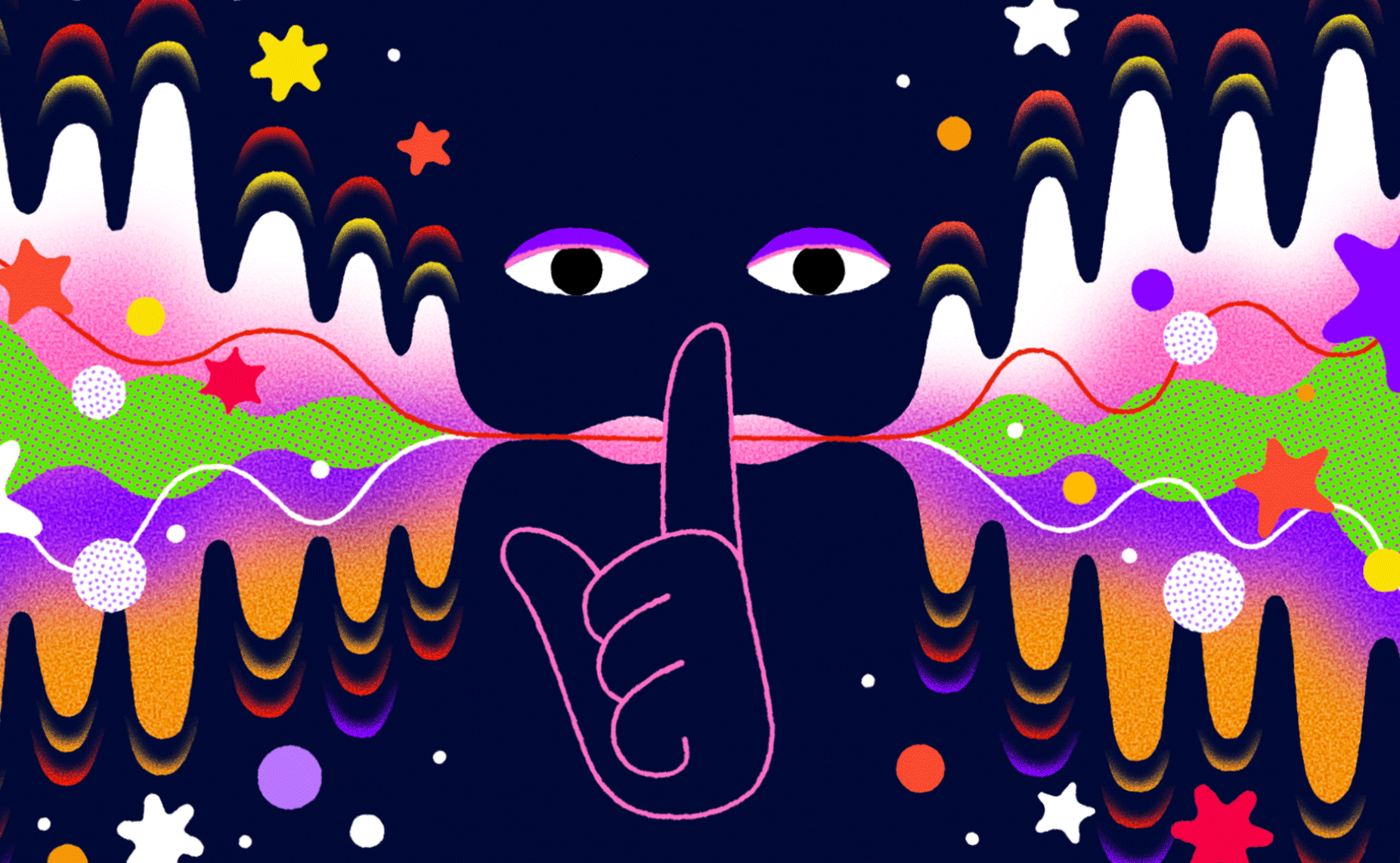
Music has been a powerful tool for human expression and communication for centuries. It has the ability to evoke a range of emotional responses in individuals, from joy and happiness to sadness and grief. Studies have shown that music can alter our moods and emotions, as well as provide healing benefits for mental health issues such as depression. Music is often referred to as a universal language, as it has the ability to transcend cultural and linguistic barriers and connect people on a deeper level. The emotional power of music has been the subject of much research, and new studies continue to shed light on the ways in which music affects our minds and bodies.
The emotional responses to music are complex and multifaceted. A study by Arjmand et al. in 2017 found that music perceived as emotionally powerful and pleasant by listeners elicited a physiological response, including increased heart rate and skin conductance. Other research has attempted to identify direct links between musical features such as tempo and a listener’s emotional response. However, the emotional power of music is subjective and can vary greatly between individuals. The limbic and paralimbic systems in the brain are activated by musical factors such as pitch, key, and tempo, which contribute to the emotional response to music.
Throughout human history, music has played a significant role in cultural and social practices. It has been used in religious ceremonies, political rallies, and social gatherings. Music has the ability to bring people together and create a sense of community and belonging. We rely on music to help us power through workouts and tackle tasks we’d rather ignore, and we manipulate our moods with melodies. Music is deeply woven into the fabric of human experience and continues to be a powerful tool for emotional expression and connection.
The Science Behind Music’s Emotional Impact
The emotional impact of music is a result of the brain’s response to sound. Listening to or creating music increases blood flow to regions of the brain that generate and control emotions, such as the limbic system. Recent studies have shown that pleasurable music triggers increased activity in brain regions associated with emotion and reward. This link between music and emotion is believed to be hard-wired into the human brain. Thus, the emotional power of music can be attributed to the way it affects the brain and its response to sound.

Music has been used as a therapeutic tool for centuries due to its ability to evoke emotions and promote well-being. The therapeutic effects of music have been well documented, with studies showing that music can be effective in reducing pain, stress, and anxiety. Music therapy, a form of therapy that uses music to address physical, emotional, and cognitive challenges, has been found to be particularly powerful in promoting well-being. Through music, individuals can explore their emotions and gain insight into themselves, making it a valuable tool in promoting mental health.
Music’s emotional impact is a powerful and often overlooked experience. Specific sounds can affect one’s mood, and music has the ability to move us in exceptional and mysterious ways. As a result, music has the potential to transform and enhance our brains, leading to benefits for our mental and physical well-being. By exploring the science behind music’s emotional impact and its therapeutic potential, we can better understand and appreciate the power of sound in our lives.
The Cultural Significance of Music in Different Contexts
Music has played a significant role in religious and spiritual practices throughout history. From Gregorian chant to Gospel hymns, music has been used as a means of connecting with the divine and expressing devotion. Research has shown that the emotional power of music can enhance religious experiences, as positive emotions felt during musical experiences are strongly linked to religious experiences. Additionally, music can be a conduit for ecstatic and liminal experiences, making it an essential component of religious worship. Thus, music has the ability to connect individuals to a higher power and foster a sense of community within religious and spiritual contexts.

Music is also an integral part of celebrations and festivals in various cultures. It has the power to evoke emotions and create a sense of unity among participants. In a cultural context, music is an intrinsic part of gatherings and festivals, and it is often used to convey cultural identity and tradition. Furthermore, music has the ability to promote good physical, mental, and emotional health, making it an essential component of celebrations and festivals. Thus, music plays an important role in bringing people together and fostering a sense of community.
Music has also been used as a form of social commentary and protest throughout history. Protest songs have been used to engage with social justice struggles, from the abolition of slavery to universal suffrage. Music has the power to inspire and motivate individuals to take action and bring about change. Additionally, music has been used to convey emotions and experiences that may be difficult to express through words alone. As a result, music has become an essential component of social movements and has the power to unite individuals in the pursuit of a common goal.







